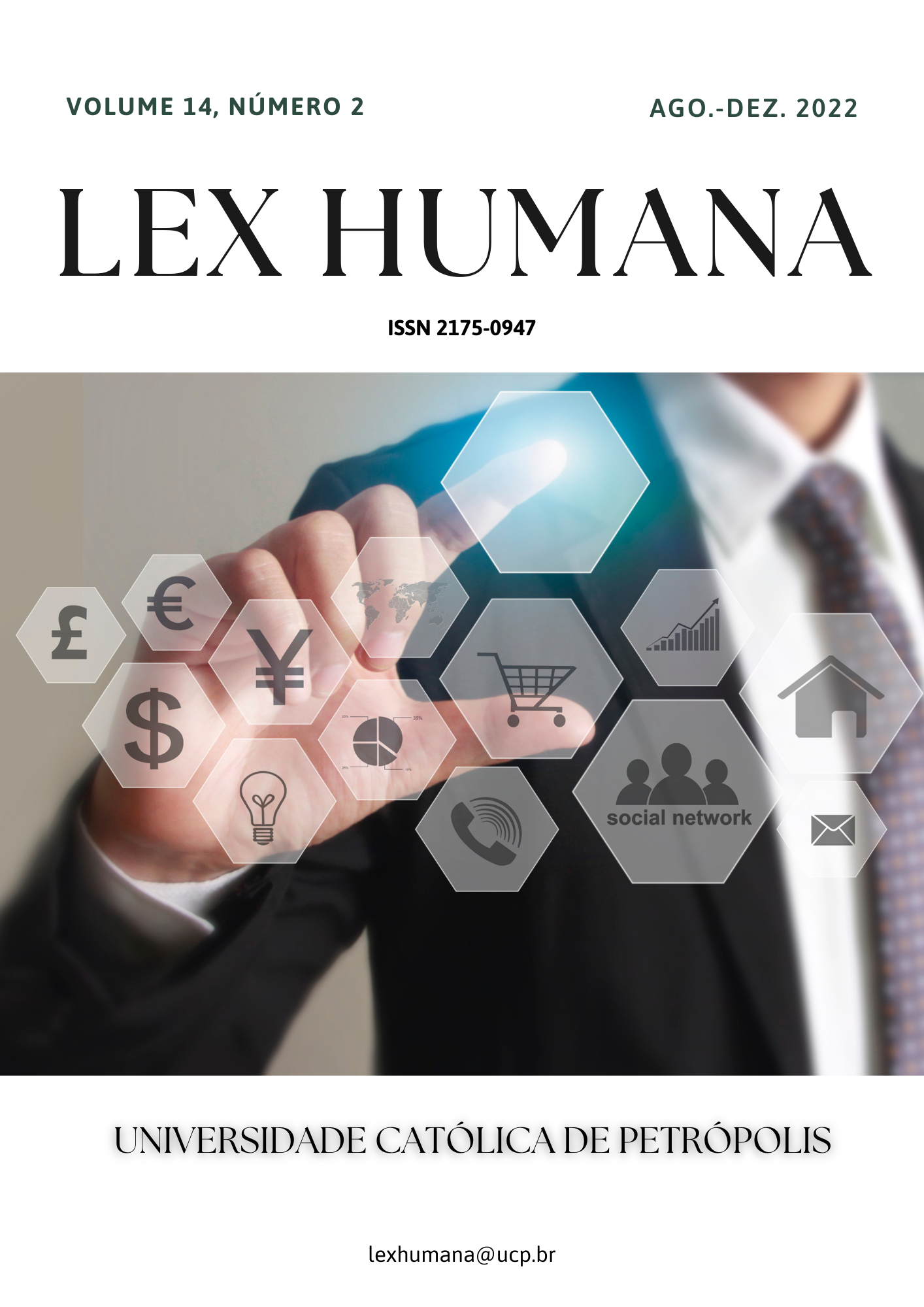Resumo
O confucionismo é uma doutrina sócio-política originária da China, nascida há cerca de 2.600 anos. Um dos conteúdos únicos desta teoria é a idéia de educação. As escrituras do confucionismo mostram que o pensamento confucionista sobre educação ocupa uma posição importante em todo o conteúdo do confucionismo. A influência do confucionismo, incluindo pensamentos sobre educação, afeta o Vietnã muito cedo e foi recebida pelas dinastias feudais do Vietnã. Historicamente, o pensamento confucionista sobre educação foi usado pelas dinastias feudais do Vietnã para governar o país, bem como para treinar mandarins para servir à política da corte. Estudar os documentos antigos do Vietnã revelará o importante lugar que o confucionismo na educação tem desempenhado na história e perceberá como esse pensamento foi usado pelas dinastias feudais do Vietnã. Se fatores negativos forem removidos, o pensamento confucionista sobre educação tem certo valor histórico, assim como seu valor para a educação do Vietnã no período atual.
Referências
Chi, G., & Le, N. H. (2003). History of Chinese philosophy. Hanoi: Social Sciences.
Binh, P. K. (2005). Vietnamese custom. Hanoi: Culture Information
Communist Party of Vietnam. (2011). Documents of the 11th National Congress of Deputies. Hanoi: National Politics, p.77.
Communist Party of Vietnam. (2016). Documents of the 12th National Congress of Deputies. Hanoi: National politics.
Communist Party of Vietnam. (2021). Document of the 13th National Congress of Deputies, vol 1. Hanoi: National politics.
Communist Party of Vietnam. (2021). Document of the 13th National Congress of Deputies, vol 2. Hanoi: National politics.
Dao, N. V, & Van, V. H. (2020). Religious Policy And Freedom Of Religious Activity At Vietnam. Palarch’s Journal Of Archaeology Of Egypt / Egyptology, 17(9), 2496 - 2513. Retrieved From https://Archives.Palarch.Nl/Index.Php/Jae/Article/View/4226
Duy, N. D. (2002). Spiritual Culture. Hanoi: Culture Information.
Giau, T. V. (1993). Traditional spiritual values of the Vietnamese nation. Hanoi: Social Sciences, pp.94 - 95.
Giang, L. V. (2003). A simplified history of more than 1000 years of Vietnamese education. Hanoi: National Politics, p.16.
Hac, P. M. (1994). Education in Vietnam at the threshold of the 21st century. Hanoi: National politics, p.43.
Hoduc, H., Vothanh, H., & Vuhong, V. (2022). The changes in education policy in the context of educational innovation in Vietnam. Revista on Line De Política E Gestão Educacional, 26(esp.1), e022043. https://doi.org/10.22633/rpge.v26iesp.1.16772
HongVan, V (2020). Identify Methods of Teaching and Learning to Create Interest, Self-Study, And Creativity of Students. Humanities & Social Sciences Reviews, 8(3), 646-656. https://doi.org/10.18510/hssr.2020.8369.
Lan, N. D. (1998) (translation and commentary). Chu Hy Tứ Thư tập chú. Hanoi: Culture – Information.
Le Thuy Hang & Vu Hong Van. (2020). Building Strong Teaching and Learning Strategies through Teaching Innovations and Learners’ Creativity: A Study of Vietnam Universities. International Journal of Education and Practice, 8(3): 498-510. DOI: 10.18488/journal.61.2020.83.498.510.
Luongngoc, V., & Vuhong, V. (2022). O papel educacional das redes sociais na comunicação de políticas no Vietnã. Revista on Line De Política E Gestão Educacional, 26(esp.1), e022037. https://doi.org/10.22633/rpge.v26iesp.1.16513
National Assembly of the Socialist Republic of Vietnam. (2019). Education Law.
San, N. M. (2010) (editor). Ten centuries of education and training in Vietnam. Hanoi: Dan Tri, p.75.
Trung, N. S., & Van, V. H. (2020). Educating Traditional Cultural Values in Vietnam Universities. South Asian Research Journal of Humanities and Social Sciences 2(3), pp. 210-214.
Trung, N. S., & Van, V. H. (2020). Vietnamese Cultural Identity in the Process of International Integration. Journal of Advances in Education and Philosophy 4(6), pp. 220- 225.
V. VuHong. (2021). Managing traffic safety education activities in primary schools: status, necessity, and influencing factors. Revista on Line De Política E Gestão Educacional, 25(3), 2535–2551. https://doi.org/10.22633/rpge.v25i3.15840.
Van, V. H., & Luong, P. V. (2019). Study of the Laws under the Feudal Dynasties of Vietnam. Addaiyan Journal of Arts, Humanities and Social Sciences 1 (7). DOI: 10.36099/ajahss.1.7.4.
Van, V. H., Phong, N. X., & Hoang, P. D. (2019). Confucianism Perspective on the Position of Women in Society and the Impact of that Perspective on Gender Equality in Vietnam Today. Addaiyan Journal of Arts, Humanities and Social Sciences 1 (8). DOI: 10.36099/ajahss.1.8.2.
Van, V. H., (2020). Confucianism during the Feudal Dynasties and Culture of Vietnam. Publisher: LAP LAMBERT Academic Publishing. ISBN: 978-620-2-52562-6.
Van, et al. (2020). Folk Beliefs of Vietnamese People. India - United Kingdom: Book Publisher International. DOI: 10.9734/bpi/mono/978-93-89816-92-1
Van, V. H. (2022). The State's Legal Policy and Management on Civil Servants: The Current Situation and Issues Raised. International Journal of Early Childhood Special Education, 14(3). DOI: 10.9756/INT-JECSE/V14I3.688
Van, V. H. (2022). Education policy in the context of Vietnam’s international integration: Problems raised and proposed solutions. International Journal of Health Sciences, 6(S4), 3562–3571. https://doi.org/10.53730/ijhs.v6nS4.9019
Vu Hong, V. (2022). Management of educational activities in schools towards the approach of learners’ competency: a case study of a high school. Nuances: Estudos Sobre Educação, 32(00), e021005. https://doi.org/10.32930/nuances.v32i00.9118.

Este trabalho está licenciado sob uma licença Creative Commons Attribution-NonCommercial-NoDerivatives 4.0 International License.
Copyright (c) 2022 Lex Humana (ISSN 2175-0947)

